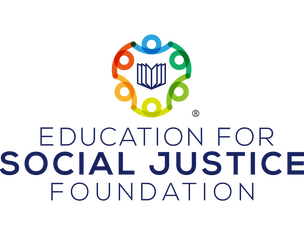CIVIL SOCIETY
As a civil society organization in special consultative status with the United Nations Economic and Social Council (ECOSOC), ESJF seeks to support and participate in UN NGO platforms, especially the work of the Commission on the Status of Women (CSW). ESJF also collaborates with organizations advocating for feminist foreign policy as a member of the Coalition for a Feminist Foreign Policy in the United States. Although most of our work is centered in the U.S., because we promote universal values, our work is not bound by geography.
